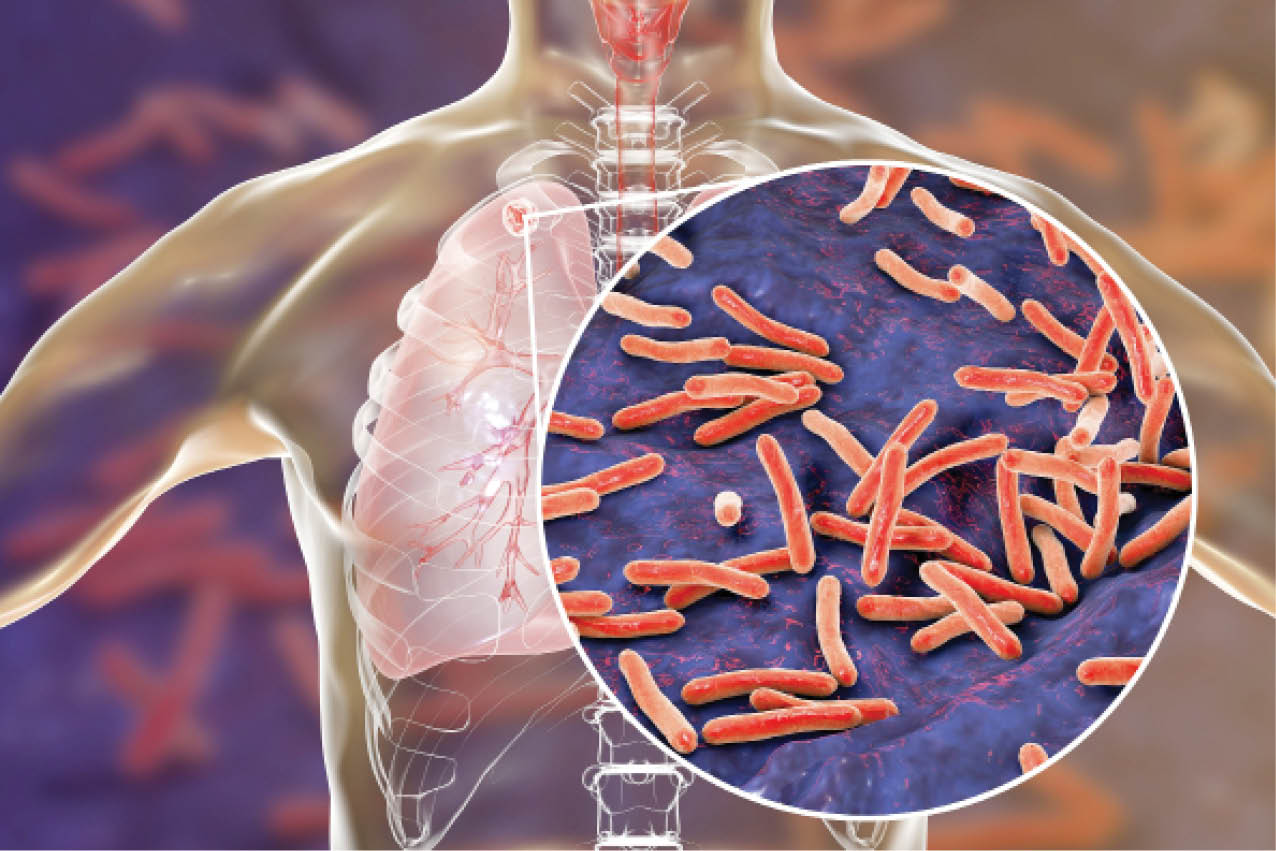On March 24, the World Tuberculosis Day was marked to raise public awareness about the devastating health, social and economic consequences of the world’s deadliest infectious disease caused by bacteria (mycobacterium tuberculosis).
This year’s theme, ‘The Clock is Ticking,’ conveyed the sense that the world was running out of time to act on the commitments to end TB.
- Gunmen kill 31 as Buhari tasks service chiefs to be proactive
- Kano approves N8.9bn for proposed Buhari interchange
Each day, nearly 4,000 lose their lives to TB and close to 28,000 people fall ill with this preventable and curable disease. Global efforts to combat TB have saved an estimated 63 million lives since the year 2000.
In Africa, Nigeria has the highest estimated burden of tuberculosis. In fact, the Nigerian Thoracic Society (NTS) says tuberculosis kills over 162,000 people in the country annually, with about 430,000 people falling ill with the disease every year.
Global efforts to stop the scourge led to the September 2018 first-ever high-level meeting on TB by the UN General Assembly. The UN Political Declaration on TB aimed at four new targets for the period 2018-2022; which include treatment of 40 million people, mobilising at least US$13 billion annually for universal access to TB diagnosis, treatment and care, and mobilizing at least US$2 billion annually for TB research.
But the World Health Organisation (WHO) lamented in its 2020 TB report that outbreak of coronavirus caused disruptions that led to setbacks in meeting the goals such that in many countries, human, financial and other resources were reallocated from TB to the COVID-19 response.
Since 2015, the US Agency for International Development (USAID) has provided critical commodities to Nigeria’s National Tuberculosis (TB) and Leprosy Control Programme, including the donation of more than 150 GeneXpert machines to hospitals, which has cut the period of diagnosis from weeks to hours. Altogether, USAID has established 1,700 TB clinics and 700 microscopy laboratories across 18 states to improve diagnosis and treatment.
Fortunately, Nigeria has reaffirmed its commitment to end tuberculosis by 2030. Minister of State for Health Senator Olorunnimbe Mamora said at the 2021 World Tuberculosis (TB) Day event that President Muhammadu Buhari has stepped up Nigeria’s TB response in line with the commitment made by world leaders at the United Nations High-Level Meeting (UN-HLM) in 2018.
Nigeria, he said, was able to achieve 73 per cent of our UN-HLM TB case finding target for 2019, the highest ever TB notification of 120,266 cases, a 13 per cent rise from 2018.
But the key challenge for Nigeria has been the slow pace of achieving Universal Health Coverage (UHC) for TB services, which are only available in 31 per cent of health facilities. The current coverage of GeneXpert machines, the first-line test for TB diagnosis, is barely 41 per cent.
President Buhari gave a ray of hope with his pledge to implement the Primary Health Care (PHC) revitalization programme that will empower more PHC centres to provide quality basic healthcare in the treatment of health challenges, including TB. And with the full implementation of the Basic Health Care Provision Fund as prescribed by the National Health Act, the gap in health care financing will be closed as it would reduce out of pocket spending and the risk of catastrophic costs to patients and their families.
While the federal, state and local governments intensify the ease of accessing diagnoses and treatment in conjunction with global partners, there should be full participation of all stakeholders in renewed local awareness campaigns, especially for everyone diagnosed with TB to take the full treatment. Efforts should be made to ensure that sufferers are not stigmatised, as that is the only way people who have it will come out and get necessary treatment.
More importantly, African leaders should galvanise the continent’s scientists and researchers towards an intensified search for TB vaccine as a way of finally tackling the disease.

 Join Daily Trust WhatsApp Community For Quick Access To News and Happenings Around You.
Join Daily Trust WhatsApp Community For Quick Access To News and Happenings Around You.

